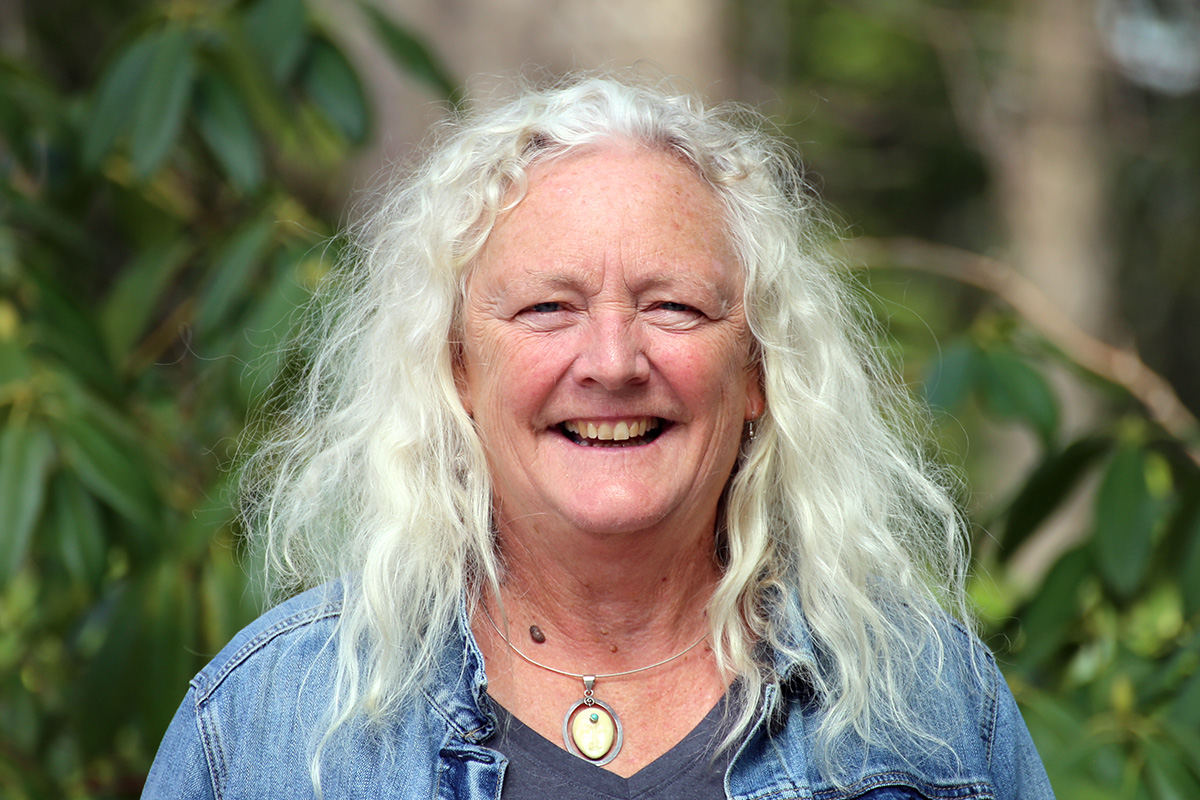

Research in Action
HELP’s faculty and affiliates lead programs of research and research labs that contribute to evidence-informed action in various fields from child care policy to education practice and beyond.
HELP Faculty
Mariana Brussoni
Brussoni Lab
Dr. Mariana Brussoni and her research team are dedicated to studying child injury prevention and children’s outdoor play. This research looks at the developmental benefits of play and how parents, outdoor environments, and policies can promote outdoor play for children.
Outside Play
Outsideplay.ca was created to help parents and communities reverse the trend of limiting children’s opportunities to play outside and take risks in these environments. Outsideplay.ca is designed to help users find a more balanced approach for parents/caregivers and their child(ren) through understanding the importance of risky play, working to manage fears that often limit these opportunities for children, and building a plan of action for change.
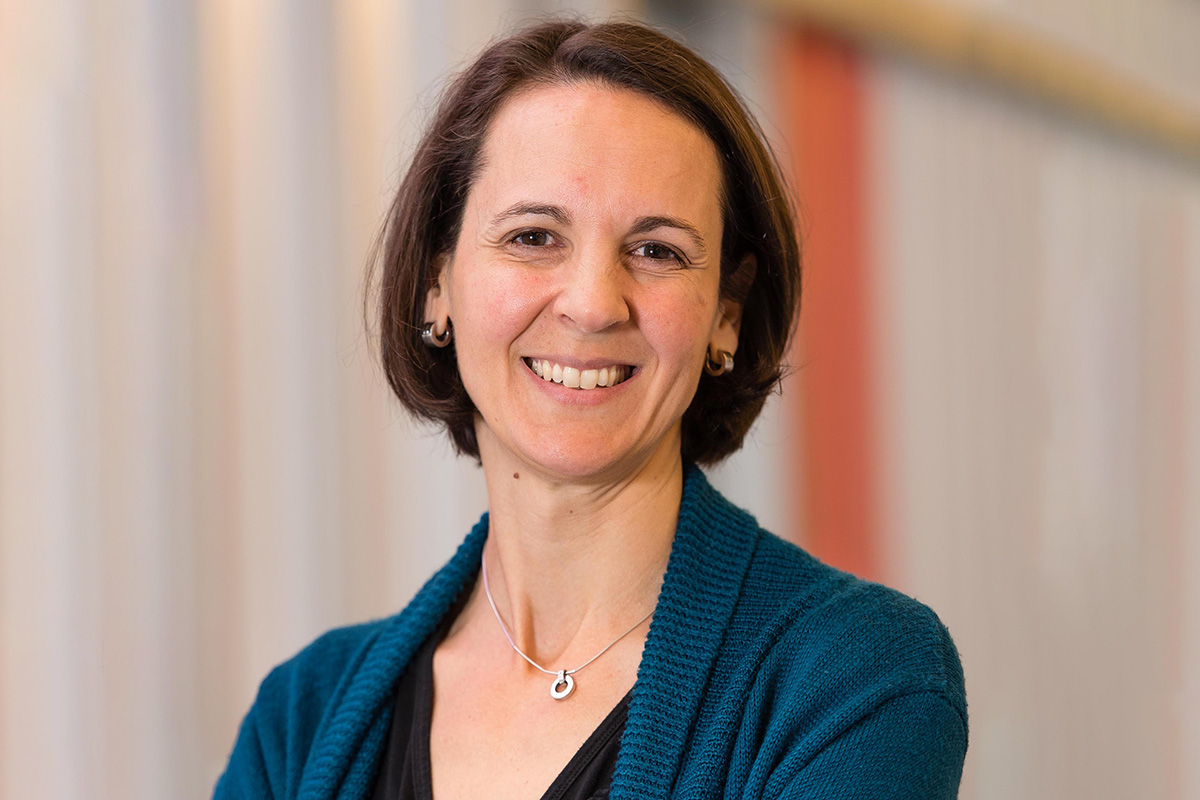
Magdalena Janus
EDI at the Offord Centre
Learn more about current research projects, news and events from the Early Development Instrument (EDI) team at the Offord Centre for Child Studies at McMaster University.
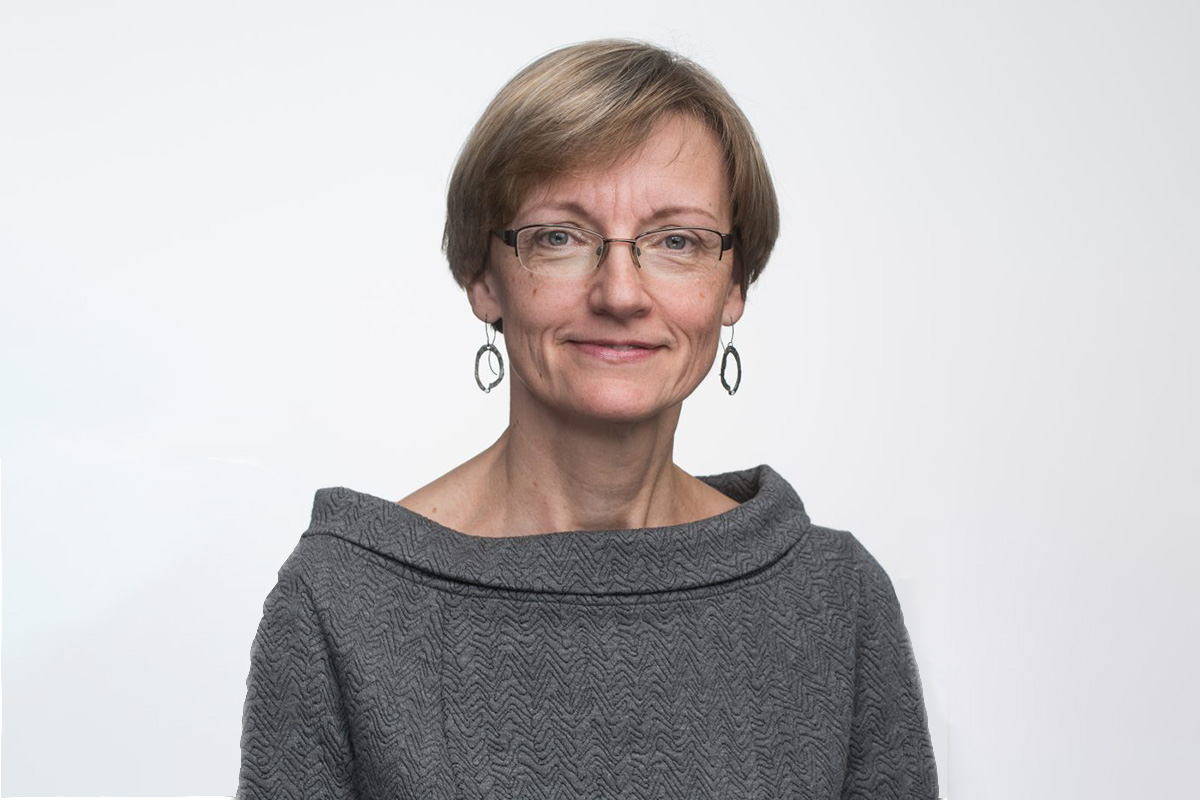
Eva Oberle
Discover MDI
Data from the Middle Years Development Instrument (MDI), led by Dr. Eva Oberle, and previously by Dr. Kimberly Schonert-Reichl) are used by school systems and broader community partners, along with families and the children themselves, to amplify children’s voices and work collectively toward positive change during this important transitional time in children’s lives. Discover MDI is a platform that provides schools and communities with resources and tools to both understand the middle years and collection, exploration and sharing of MDI data, and how it can be used to improve the well-being of children in the middle years.
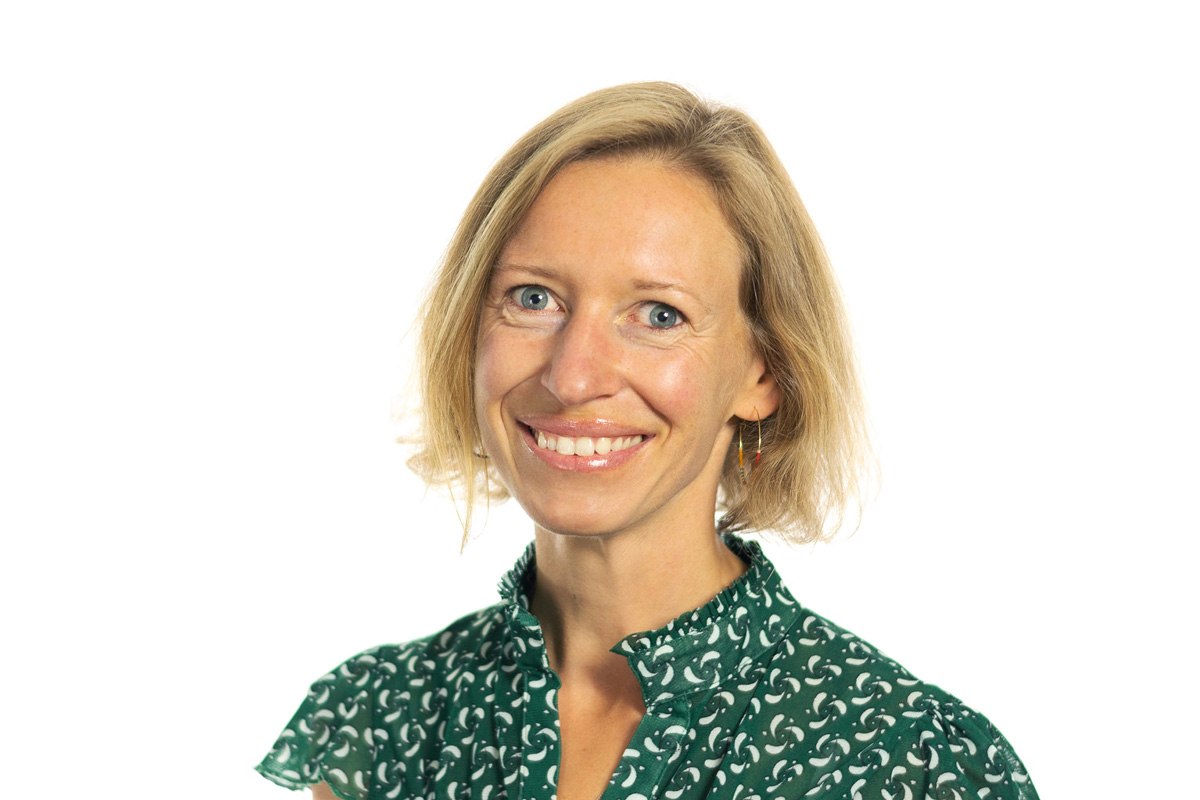
Brenda Poon
CoRE-Lab
The Community Research and Engagement Lab (CoRE-Lab) — formerly known as Community Systems — is a dynamic program dedicated to research focusing on the workings of the complex, multi-level community-integrated systems influencing child development. The CoRE-Lab approach combines the empirical power of systems science knowledge production strategies with the egalitarian practices of community-based research. Drawing from a diverse range of mixed methods approaches, the CoRE-Lab team works collaboratively with community and academic partners to deepen our collective understanding of the wider systems and networks surrounding children’s developmental health to generate evidence to inform change.
The CoRE-Lab official website will be available soon.
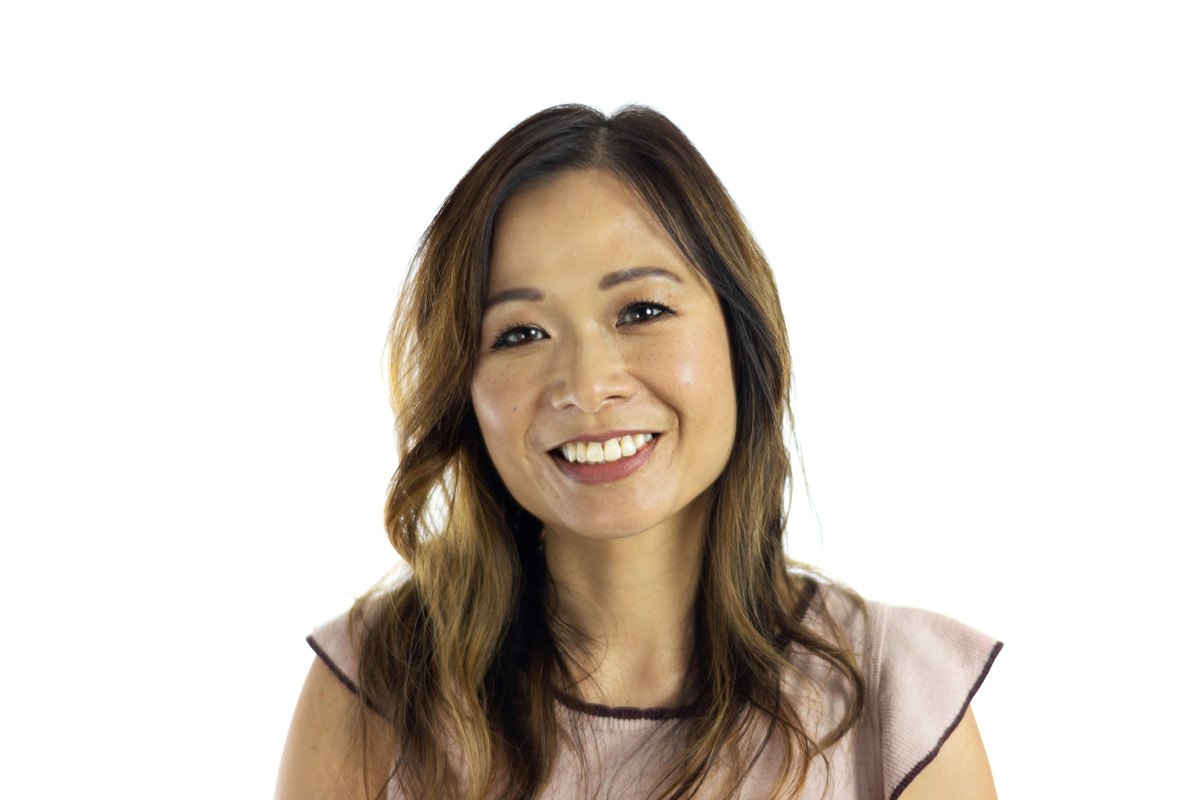
Kimberly Schonert-Reichl
SEL Lab
Dr. Kimberly Schonert-Reichl’s Social and Emotional Learning Lab (SEL Lab) is housed in the Department of Educational and Counselling Psychology, and Special Education at the University of British Columbia. The SEL Lab primarily conducts research on school-based social-emotional learning programs and mindfulness-based programs that aim to foster positive human qualities, such as empathy, optimism, happiness, gratitude, social responsibility, altruism, resiliency, and compassion.

HELP Affiliates
Paul Kershaw
Gen Squeeze
Generation Squeeze (Gen Squeeze) is Canada’s leading organization fighting for generational fairness. A small but mighty powerhouse in the world of politics, Gen Squeeze is powered by the voices of younger Canadians and those who love them.
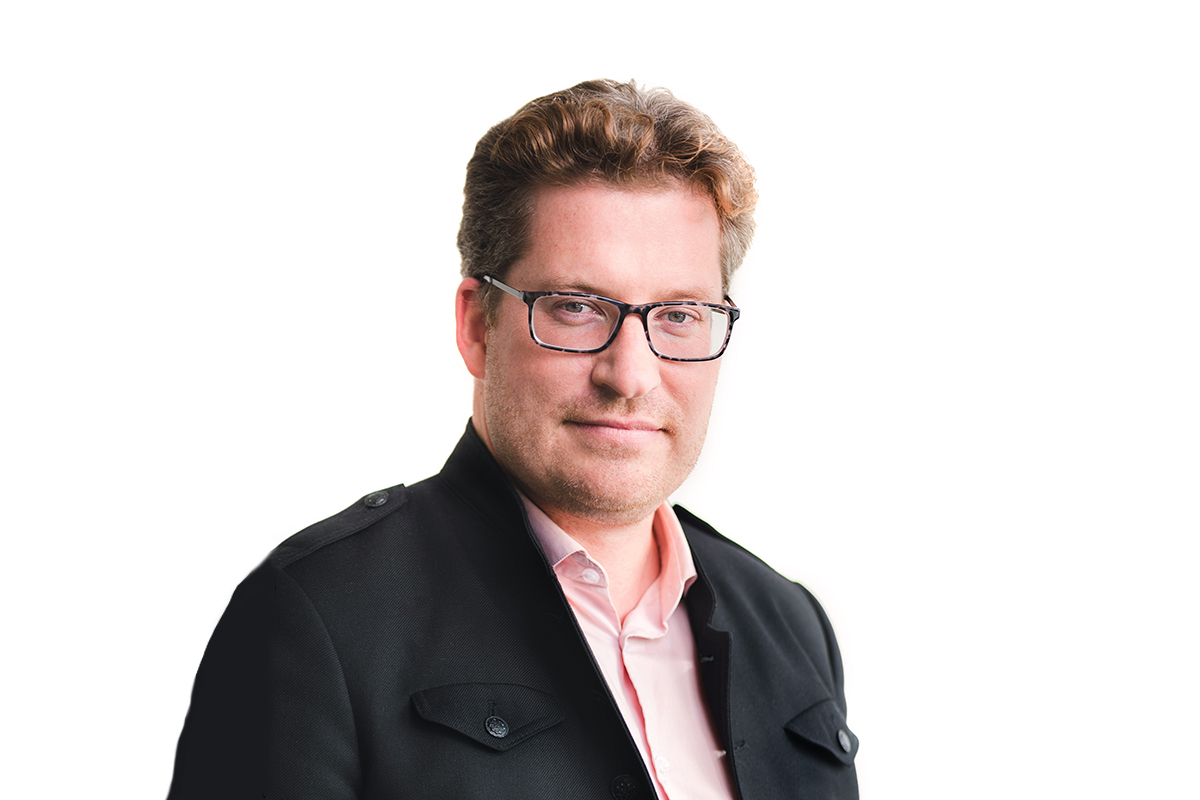
Hasina Samji
Capturing Health and Resilience Trajectories Lab (CHART)
The Capturing Health and Resilience Trajectories Lab is a team of researchers who are interested in promoting health and well-being across the lifespan through epidemiological methods and examining the contextual determinants of positive development.
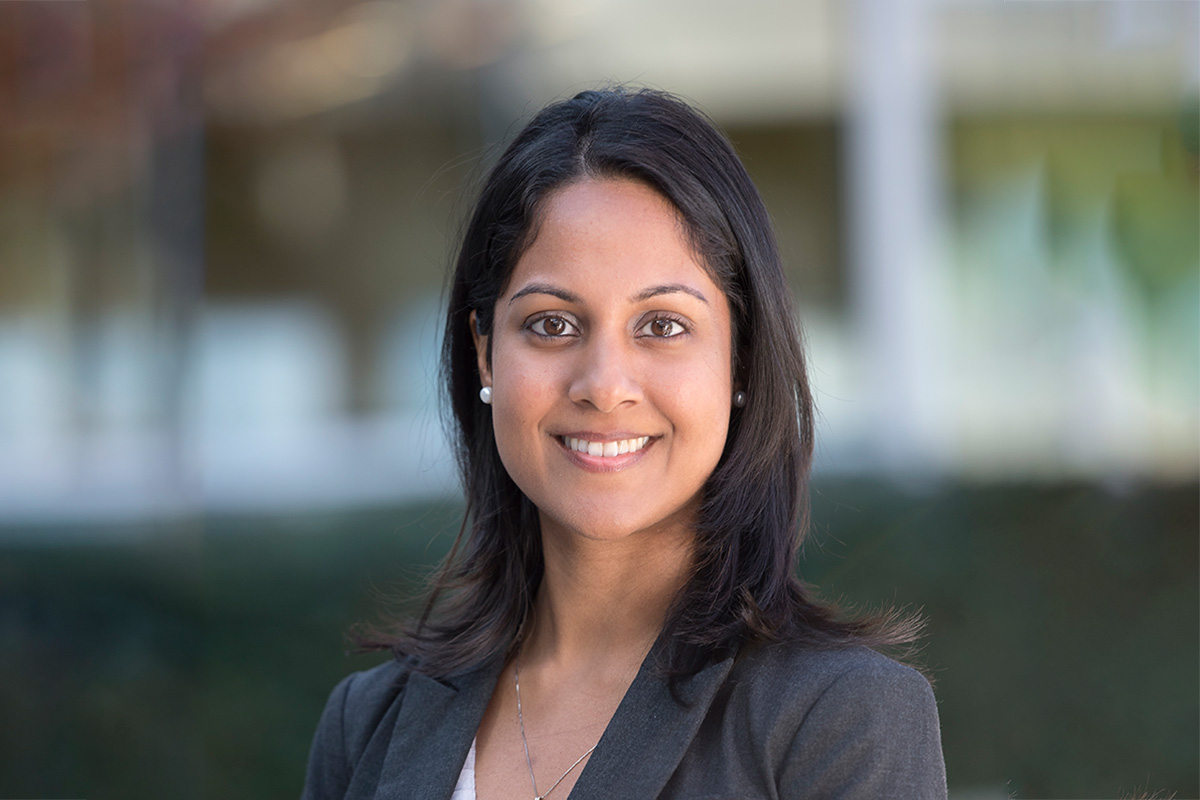
Joanne Schroeder
Compassionate Systems Leadership
The Compassionate Systems Leadership (CSL) approach comprises an integrated framework for developing capabilities and knowledge that strengthen the capacity of individuals and collectives to progress systems change initiatives effectively. The Ministry of Education and Child Care has partnered with UBC’s Human Early Learning Partnership (HELP) to build capacity in CSL province-wide. This will create a sustainable infrastructure to support the K-12 education system to integrate compassion into everyday work.
